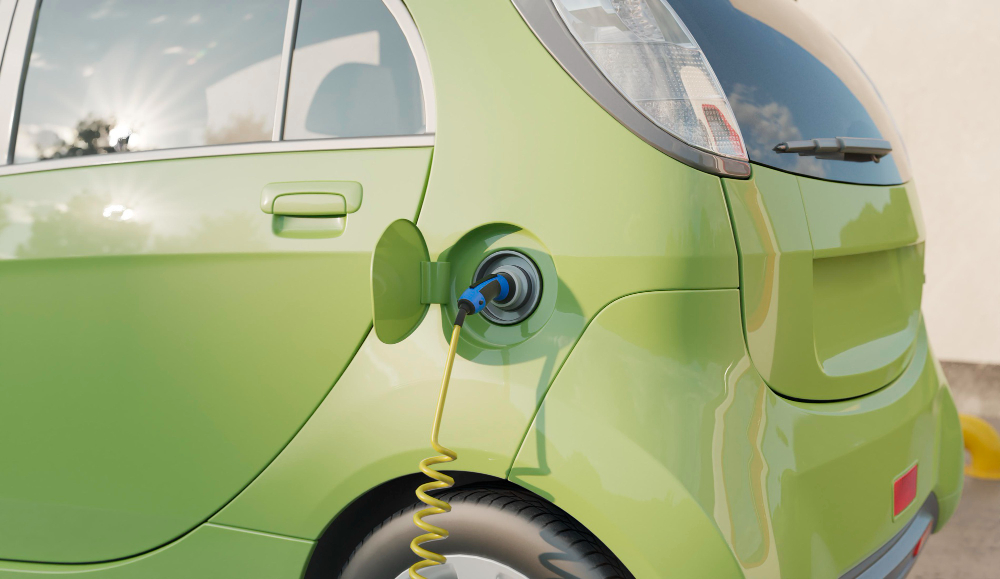Electric vehicles (EVs) are revolutionizing transportation and paving the way towards a greener, more sustainable future. Here are some key environmental benefits of electric vehicles:
- Reduced Greenhouse Gas Emissions: Unlike conventional gasoline-powered vehicles, electric vehicles produce zero tailpipe emissions, significantly reducing greenhouse gas emissions and air pollution. By transitioning to electric transportation, we can mitigate the impacts of climate change and improve air quality in our communities.
- Energy Efficiency: Electric motors are more energy-efficient than internal combustion engines, converting a higher percentage of energy from the battery into propulsion. This increased efficiency results in lower energy consumption and reduced reliance on fossil fuels, further reducing environmental impact.
- Promotion of Renewable Energy: The widespread adoption of electric vehicles can help drive demand for renewable energy sources such as solar, wind, and hydropower. By charging EVs with clean, renewable energy, we can minimize environmental impact and accelerate the transition to a low-carbon economy.
- Resource Conservation: Electric vehicles typically have longer lifespans than gasoline cars and require fewer maintenance visits. Additionally, advancements in battery recycling technologies are making it possible to recover and reuse valuable materials, reducing the need for raw material extraction and minimizing waste.
By embracing electric vehicles, we can reduce our carbon footprint, protect the environment, and create a more sustainable future for generations to come.

